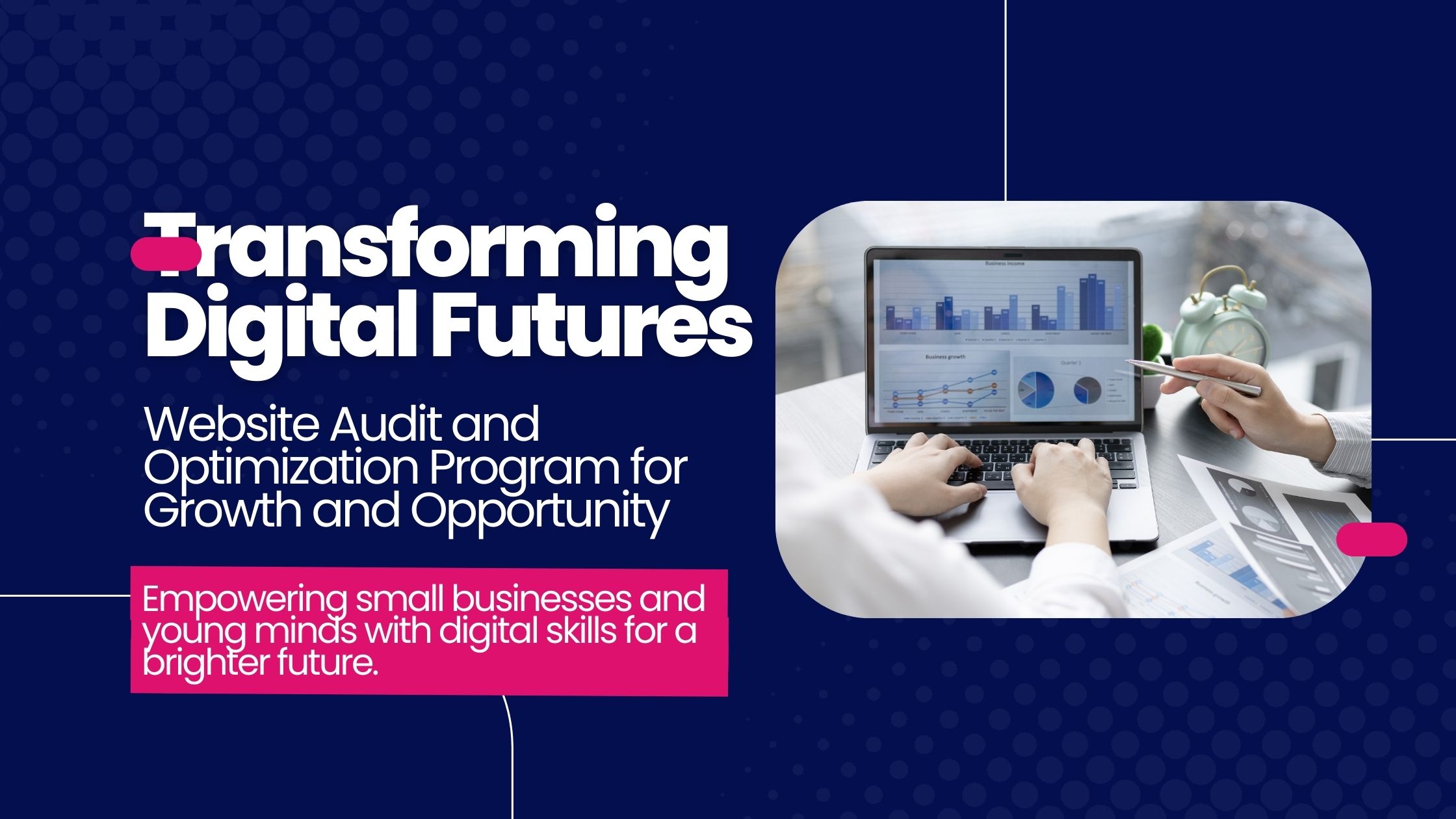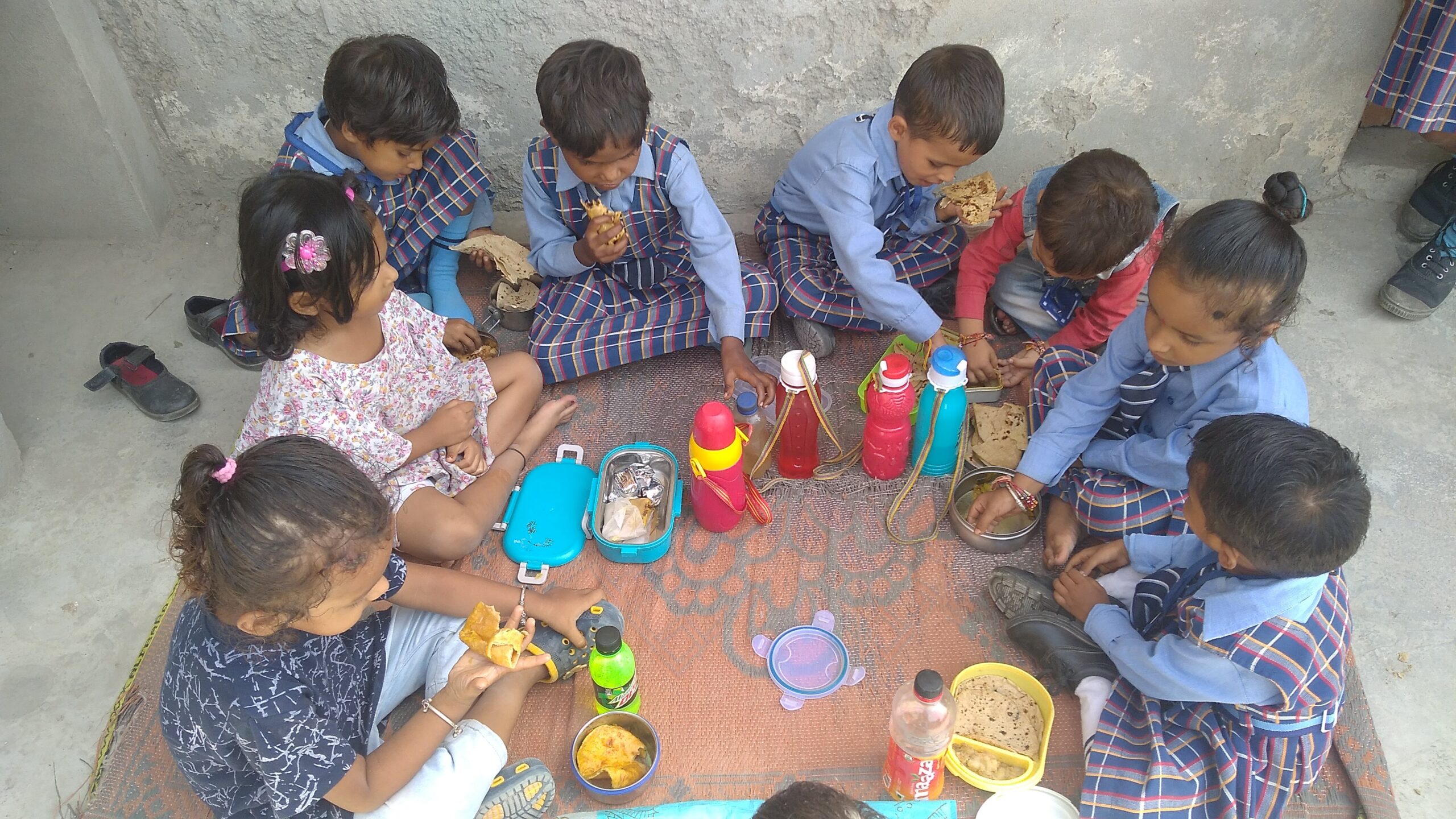India, a nation that boasts of one of the world’s largest youth populations, faces a glaring paradox when it comes to education. While progress has been made in expanding access to education, a significant portion of the country’s children—particularly from marginalized and underprivileged backgrounds—still face monumental challenges in receiving a quality education. According to the Indian Government’s data, over 25% of children from poor families are out of school, and a large percentage of those who do attend school often drop out before completing their education. This educational disparity not only affects their present but threatens their future, perpetuating the cycle of poverty and inequality.
The Struggle of Marginalized Children
Children living in poverty often face more than just a lack of educational resources. Their communities might lack basic facilities such as roads, transportation, and electricity, making it difficult for them to attend school regularly. The lack of proper sanitation and clean drinking water in many schools further exacerbates their struggles. Moreover, gender bias and cultural norms in certain regions prevent girls from attending school, thereby reducing the chances of empowerment through education.
The problem doesn’t just end with access to education. Even when children do manage to attend school, quality education remains a distant dream. Many government-run schools suffer from overcrowded classrooms, poorly trained teachers, and outdated teaching methods. These systemic flaws create an environment that does not foster learning or personal growth, leaving these children ill-prepared for the future.
IDNS Foundation Trust: A Beacon of Hope
The situation is dire, but not without hope. IDNS Foundation Trust has taken it upon itself to address this critical issue and bridge the gap for underprivileged children across India. Recognizing the enormous challenges that these children face, the foundation is committed to empowering them with the gift of education, which can transform their lives and communities.
As part of its mission, IDNS Foundation Trust launched its first primary school, ASAP Global School in Noida. This school specifically focuses on providing quality education to underprivileged children, offering them a chance to break free from the cycle of poverty. ASAP Global School provides a safe, nurturing environment for children to not only learn but also grow holistically.
In addition to the school, the foundation is working toward several community-based programs, including Jhuggi-Jhopadi education and health awareness programs in local areas. These programs aim to reach children in the most underserved communities—those living in urban slums and remote rural areas—and provide them with educational support, basic health awareness, and resources for a better future.
Breaking the Cycle of Poverty Through Education
Education is the key to breaking the cycle of poverty. By providing underprivileged children with access to education, IDNS Foundation Trust is giving them an opportunity to change the course of their lives and, by extension, the future of their families and communities. A child who is educated is more likely to lift their family out of poverty, contribute to their community’s development, and achieve their dreams.
But, despite the efforts of organizations like IDNS Foundation Trust, the problem remains vast. The foundation’s work is a necessary drop in the ocean of what needs to be done to address India’s education crisis. Government policies and interventions are crucial, but the support of civil society organizations, local communities, and individual contributions are needed to drive long-lasting change.
A Call to Action
The educational crisis faced by underprivileged children in India is a problem of monumental scale. It is a national emergency that demands urgent attention and concerted action from all sectors of society. While the government’s efforts have brought some improvement, much more remains to be done. IDNS Foundation Trust continues to do its part, but to create real, sustainable change, it requires the support of individuals, communities, and other organizations.
This is a call to action for everyone who believes that education is a fundamental right, not a privilege. Support initiatives like IDNS Foundation Trust, volunteer, donate, or even spread awareness about the issue. Together, we can ensure that every child in India, regardless of their socio-economic background, has the opportunity to learn, grow, and contribute to a brighter future.
Together, we can transform lives.




